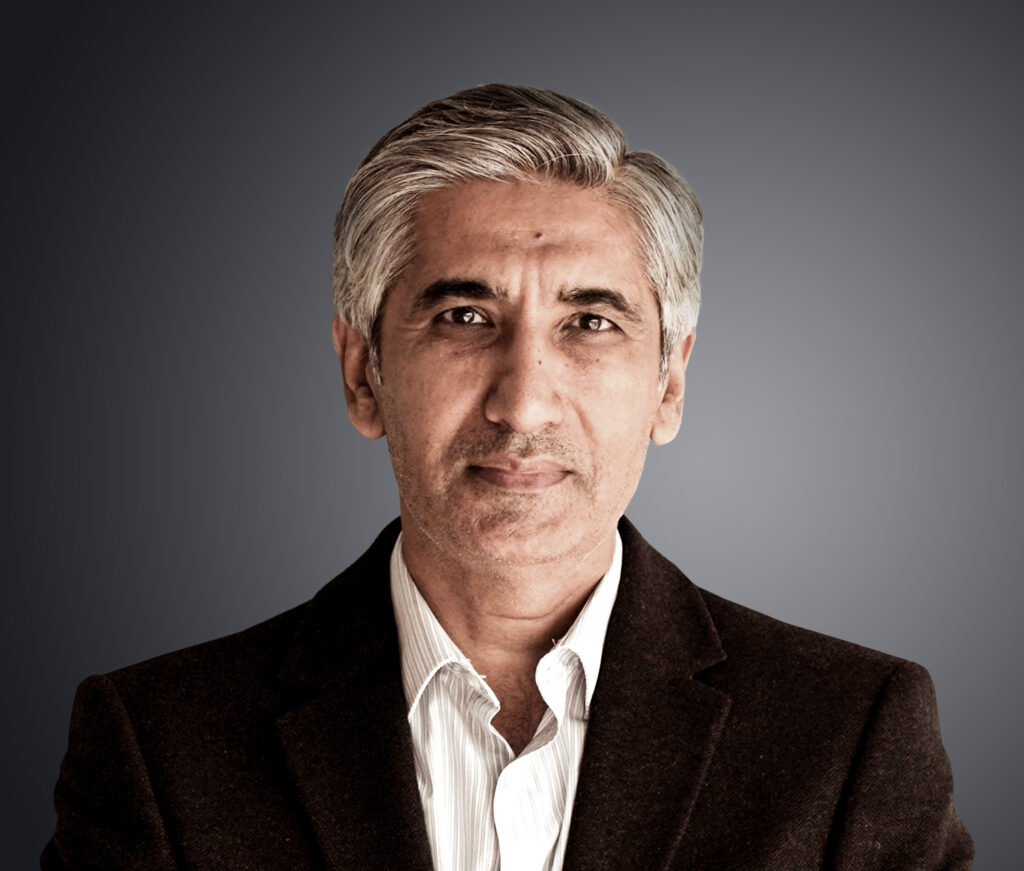Global unity on climate change may be unattainable

We have cultural, political, social and ideological differences and interests. An individual, or even a group of people from a developed country, cannot fully comprehend the requirements and challenges faced by developing nations, or for that matter, even by developed nations themselves. It would be akin to claiming to understand cloud formation, knowing exactly where and when it will rain, and how much rain will fall. Any such claims are likely to be inaccurate.
Developed nations industrialised using fossil fuels. Countries like Germany, the United Kingdom and the United States became wealthy by burning coal, oil and gas for over 150 years. This led to massive carbon emissions, which are the main cause of global warming today.
However, developed countries are now pressuring developing nations to use cleaner energy to protect the climate – a problem mostly caused by wealthier nations. This may be seen as a draconian measure by some to punish nations striving to improve their people’s living standards simply because they don’t align with Western principles or sustainability goals.
Emerging economies like Brazil, India and many African nations argue that they should be allowed to develop using fossil fuels, just as the West did.
Strictly following principles and advocating for them without appreciating the challenges can portray a rigid demeanour, especially when suggesting solutions that undermine the basic rights of a nation struggling to stay afloat.
So, how do we solve the indifferences when it comes to climate change as an issue?
Well, there is no one-size-fits-all solution, and the tailor-made solutions offered by organisations haven’t worked so far for various reasons even in their own countries; if that was not true, we would not be witnessing the unrest that we see even in developed nations.
One possible solution would be for each country to develop its own climate-friendly programme that aligns with its economic growth.
To achieve this, countries would need their home-grown experts and specialist who, understanding their unique challenges, can educate the population and raise awareness at the grassroots level. In turn, these countries would be rewarded with financial as well as technical assistance to accelerate their efforts.
Going back to the analogy on clouds, democracy is very much like a cloud with many politicians having different agendas, interests and goals floating about trying to serve some purpose. The biggest flaw with democracy is the tenure each wining party is allowed to lead. There just isn’t enough time to put their plans in action and realise the benefits.
The recipe for success would be to have a wise leadership framework accepted by the nation for its core values and sincerity and then trust them fully. An obvious example would be the UAE.
It would not be an exaggeration to state that the UAE seems to be relatively in control of its ambitions and growth targers and has made significant strides in aligning with sustainability goals. It is also a founding member of the International Renewable Energy Agency (IRENA).
It is true that the UAE's reliance on oil exports still presents a challenge in fully embracing sustainability across all sectors. However, this challenge has been acknowledged, and a significant shift toward sustainability in governance and industry is in motion.
The ideal governing system should prioritise accountability, inclusivity, human rights and sustainability to adapt to the challenges of the modern world. These principles are difficult to incorporate into a sentence, let alone put them in practice in the real life.
It would not be an overstatement to say that the UAE's model is showing promising results, though it may not be universally applicable to countries with different political systems or economic challenges. However, the model could be adapted in parts to suit the specific needs and circumstances of other nations.
There is a need for sustainable leadership to ensure a sustainable future. So far, the West has fallen short in providing such leadership. For developing countries, it may be difficult to trust Europe completely, considering the 2009 pledge of USD 100 billion by developed countries has not materialised.
Many developing nations refuse to commit to strong climate action unless they receive fair funding, and as one might appreciate, the term 'fair funding' is highly subjective.
Furthermore, following the Russian invasion of Ukraine, the European Union imposed sanctions on Russia, including efforts to reduce dependency on Russian fossil fuels. However, the very same EU has spent €205 billion on Russian fuel to date to keep factories and households running.
While pragmatic decisions might require balancing economic and political realities, prioritising self-interest can lead to negative consequences – morally, politically and globally – when it comes to climate change.

